These are the top ten driving offences where motoring solicitors can help
Solicitors who deal with general criminal law won’t always know the intricate legal arguments that can be used successfully to protect your licence if you have been accused of any of the road traffic offences below;
Fail to nominate driver
If you are caught committing a driving offence, you will be sent a section 172 driver information request.
The penalty for not returning this request is 6 penalty points.
Section172(4) and Section172(7)(b) Road Traffic Act 1988 are the only 2 ways to defend this motoring offence.
This allegation can be defenced if you either didn’t receive the request to do so, or you used reasonable diligence to pin point who was driving but were unable to do so.
Valid Car Insurance Motoring Offences
The offence of driving without car insurance, assumes the drivers’ guilt no matter why you were doing so.
If convicted of driving with no insurance, your driving licence will be endorsed with 6 – 8 points.
Many drivers in this situation have unknowingly had their motoring policies cancelled without being notified.
If you can show you genuinely believed you had insurance, you have a Special Reasons Argument.
Speed Limit Offences
As well as a possible driving ban, the penalty for speeding is three to six penalty points, a fine and incurred court costs.
Contesting speeding allegations has become more difficult recently following recent UK case law, meaning that you now have to provide expert evidence if you are going to be successful.
Drink Drive Road Traffic Offences
The maximum breath reading for drink drive in the UK is 35mg. A twelve month licence ban is the minimum penalty for drinking and driving.
To successfully defend a drink driving case, you will need to prove one of the following three points, either; you were not the driver, you were not in a public place, or that you didn’t consume any alcohol until after you had finished driving.
Some motorists have also avoided a drinking and driving ban due to a genuine emergency requiring you to drive, or because they only drove a very short distance, as well as in circumstances where they didn’t know that they had consumed any alcohol at all.
Drunk in Charge Offences
To gain a conviction, it is necessary for the prosecution to show that you were over the legal drink driving limit and that you were in charge of the vehicle at the time of the offence.
A viable defence for drunk in charge is to show the court that you didn’t plan to drive until you were under the drink drive limit.
You can be given a discretionary driving ban in addition to a mandatory either ten points if the court find you guilty of this offence.
Caught Driving with a Mobile Phone
In order to be guilty of the offence, you have to be holding a mobile phone while using it.
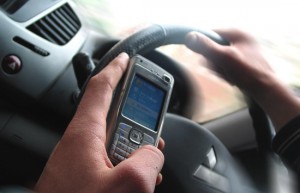 Lots of Magistrates have many different opinions regarding phone related offences and the law.
Lots of Magistrates have many different opinions regarding phone related offences and the law.
It is still an offence if you are stationary at road works for example.
Without Due Care Offences
Your driving ability must be proved to have fallen well below the level of a competent and careful driver if you are to be convicted of driving without due care.
Driving without due care and attention covers driving offences from car park scrapes to offences such as undertaking on a motorway.
Often, the police will offer you a Driver Improvement Training Course instead of attending Court.
Failing to Stop/Report an Accident
If, after an accident, damage was caused to a vehicle, person or property, then you have a legal obligation in accordance with Section 170 of the RTA 1988 to stop and offer your details.
You have up to twenty four hours to report an accident to a police officer if it wasn’t practicable to exchange details with the other party at the time of the incident.
If found guilty you will receive 5 to 10 licence points or a driving ban at the Magistrates discretion.
You would have a possible defence if you were unaware that damage had been caused and you can show that it would have been reasonable that you didn’t know that you had in fact been involved in an accident.
The maximum punishment for failing to report and failing to stop is a custodial sentence, but community service is also a possibility.
Dangerous Driving
In order to be guilty of dangerous driving, your standard of driving has to be proved to have fallen beneath what is reasonably expected, but in addition, it must also be clearly obvious to a competent driver that your driving was dangerous.
A conviction for dangerous driving carries a minimum 1 year licence disqualification, a complete driving re-test and a prison sentence.
No Driving Licence Motoring Offences
Drivers often misunderstand this offence.
If you were driving on the road without displaying L plates or had never passed a driving test, then you would be guilty and the offence would be endorsable.
Should the Driver and Vehicle Licencing Agency ask that you return your driving licence to them and they suspend your entitlement to drive, this would be non-endorsable.
It is a widely held belief that ‘no licence’ automatically means that your motor insurance policy is invalid. This is incorrect.
No licence driving offence can be confusing, for everyone involved, in addition, many Magistrates Courts are uncertain if this driving offence carries points or not. Be certain to get the best possible result for your motoring offence with specialist guidance from a dedicated motoring law solicitor.
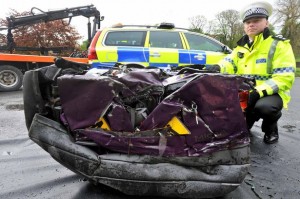
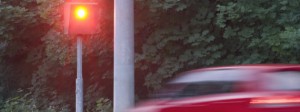
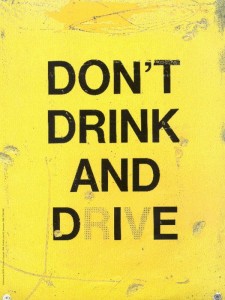
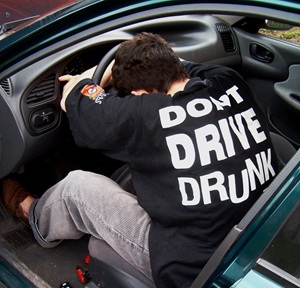
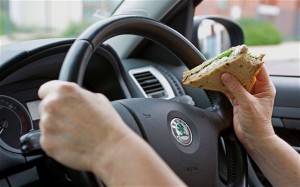

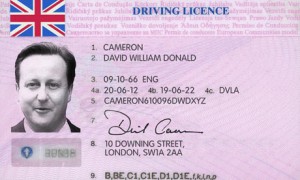
Until we have the police to enforce motoring law effectively, offences will continue to make our roads more dangerous